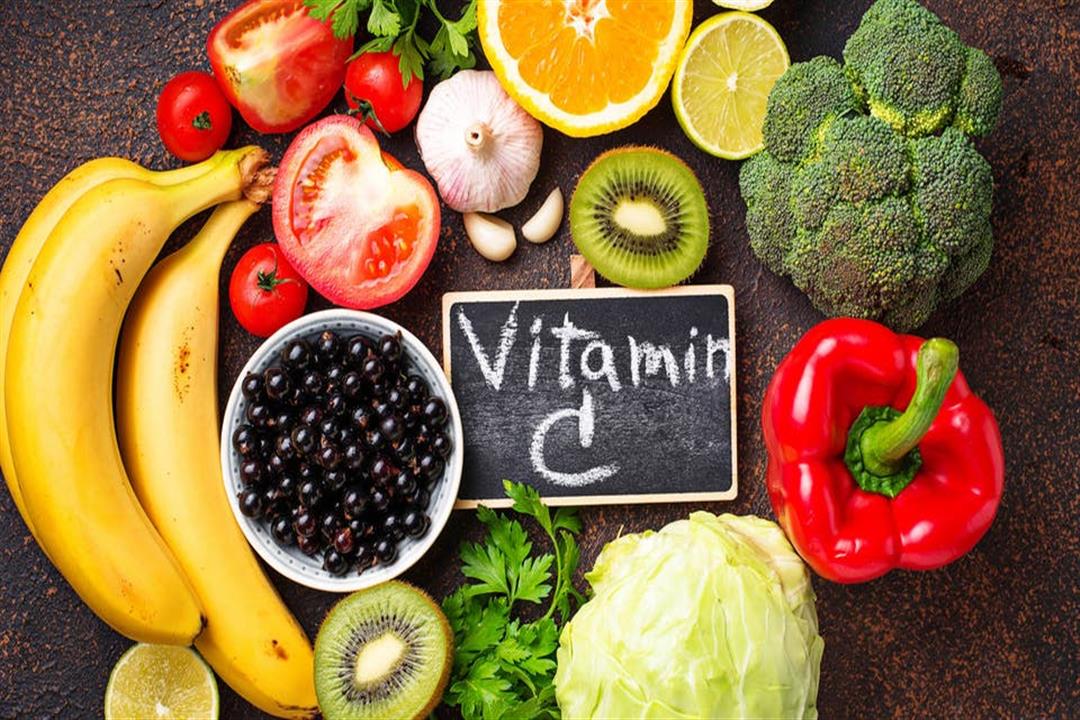After the geopolitical struggle between China and Australia broke out, China-Australia relations fell into a cold winter, and China boycotted at least more than ten products from Australia. At this moment, China formally signed a free trade agreement with New Zealand to achieve “zero tariff”. Since Australia and New Zealand have similar industrial structures, the agreement means that China can replace Australia to a greater extent by purchasing New Zealand dairy products and other products, adding to the chill of Australian foreign trade. Some experts in the Chinese dairy industry described Australia as if it lost its wife and lost its troops.
On the 26th, Chinese Minister of Commerce Wang Wentao and New Zealand (New Zealand also translated as New Zealand) Minister of Trade and Export Growth (Damien O’Connor), representing the two governments, formally signed the ” The Protocol between the Government of the People’s Republic of China and the Government of New Zealand on Upgrading the “Free Trade Agreement between the Government of the People’s Republic of China and the Government of New Zealand”.
【China-Australia Relations】Australia asks for trade talks, China invites them to sit on the bench
The Australian Minister requests that the coal ban be lifted, China asks Australia to do this first
O’Connor said that at a time when the epidemic has caused severe global economic chaos, the Free Trade Agreement “Upgrading Protocol” is part of the New Zealand government’s trade recovery strategy in response to the economic impact of the new crown epidemic. The relationship with China is the most important for New Zealand. One of the diplomatic relations.
New Zealand dairy products are exported to China free of tariffs by 2024
Among them, the agreement stipulates to maintain the existing dairy product clauses, the safeguard duty of most products will be cancelled within one year, and the milk powder will be cancelled within three years. That is, on January 1, 2024, all dairy products exported from New Zealand to China will be exempt from tariffs.
In an interview with China Economic Weekly, China Dairy analyst Song Liang said, “For New Zealand dairy companies, this is no different than a big gift package.”
Public information shows that New Zealand is the world’s largest exporter of dairy products, with exports accounting for one third of the world’s dairy products trade. According to Chinese customs statistics, New Zealand is currently China’s second largest import partner of infant powder, second only to the EU.
Chinese boycotts Australian lobster sequelae
Song Liang analyzed that the signing of the upgrade protocol of the Free Trade Agreement between China and New Zealand has not only facilitated the export of New Zealand dairy products to the Chinese market and benefited consumers, but also facilitated the construction and development of Chinese dairy companies in New Zealand. “After the agreement is signed, the customs clearance of New Zealand dairy companies’ exports to China will definitely speed up, and the improvement in efficiency will speed up the logistics,” he said.
Analysis points to Australia’s five major industries adding to the chill
Zhang Xu, another dairy industry analyst in the Mainland, said, “Australia really lost its wife and broke down. Since the epidemic, Australia has repeatedly provoke China. China is the world’s largest market, and China’s demand is very important. But the Australian government has not only implemented anti-dumping policies against China. , And has also repeatedly rejected Chinese-funded companies’ investment in Australia. For example, in August 2020, Mengniu’s plan to acquire Lion Dairy Beverage Company (Xiong Lion Dairy), Australia’s second largest dairy producer, was Forced termination. This will ultimately affect the development of the Australian dairy industry.”
In September last year, a report jointly issued by the international accounting firm KPMG and the University of Sydney showed that in 2019, Chinese investment in Australia had fallen by 58.4% year-on-year to A$3.4 billion, equivalent to HK$20.1 billion, a record low since 2007.
Mainland media pointed out that now that New Zealand has gained further trade advantages and opened up the Chinese market, Australia’s five major agricultural and sideline products, including dairy products, lobster, wine, logs, and beef, will be the first to bear the market blow.
Australia is harder this year because the Chinese market is difficult to replace
[China-Australia Relations]Australia may retaliate against China for fear of hurting its own people
Editor in charge: Deng Guoqiang
Follow up[China-US wrestling]new situation, immediately understand
Like the fan page of “Hong Kong Economic Times hket.com”
–

